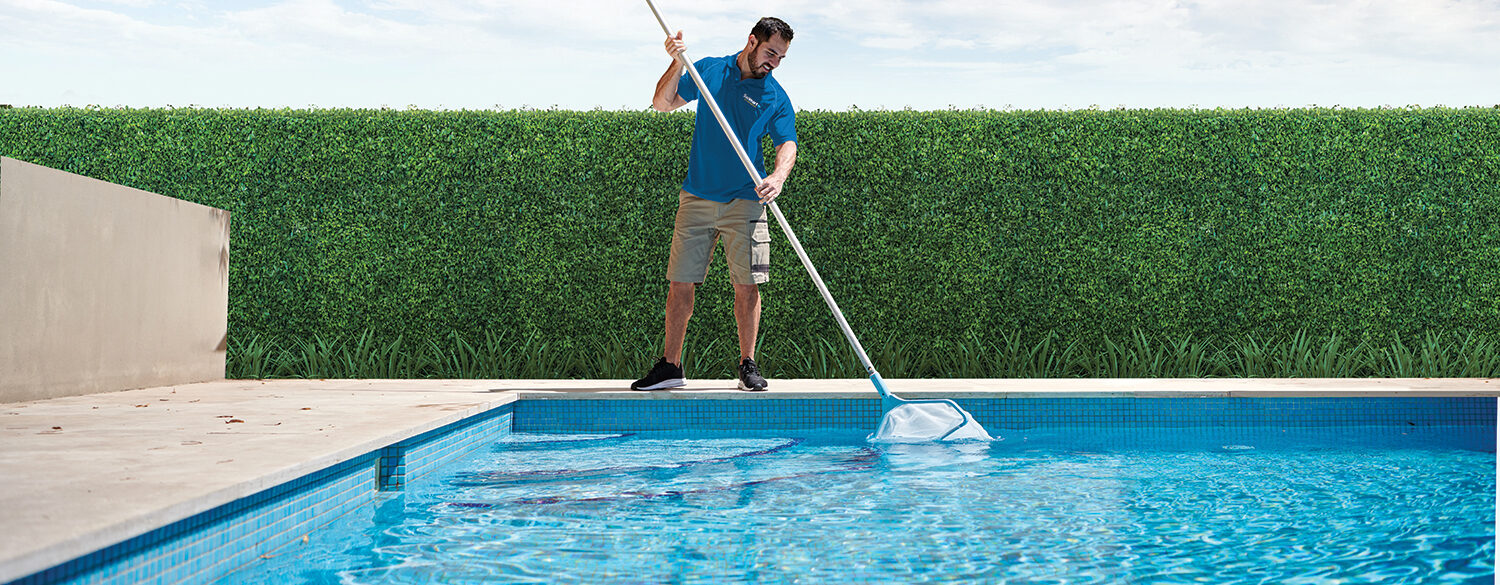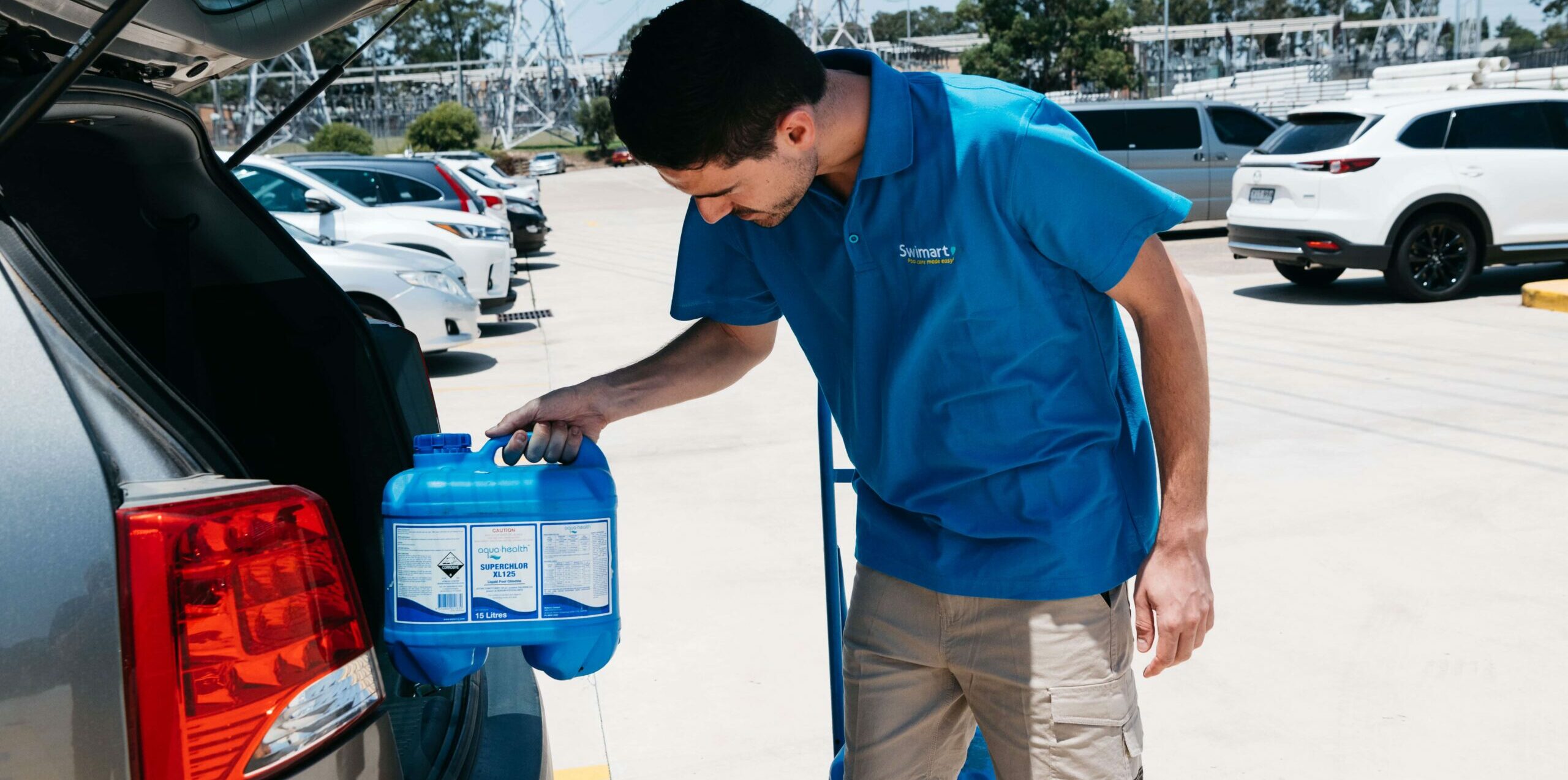| Winter is on the doorstep – but things are about to get a bit heated in your back yard pool thanks to the wide choice of pool heating systems on the market. Here are the main advantages and disadvantages of the three most popular pool heating systems: gas, solar and heat pumps.
Winter warmers
Winter is on the doorstep – but things are about to get a bit heated in your back yard pool.
Our climate almost allows for all-year round swimming (or at least an extended swim season through most of autumn and spring), and this transition can be helped along greatly by pool heating.
Here are the main advantages and disadvantages of the three most popular pool heating systems brought to you by Swimart’s supplier, Zane.
Heat pumps
Heat pumps operate in a similar manner to an air conditioning unit – this means they are easy to maintain and operate. The big draw card of this type of heating is that they are a reliable source of heat in all weather, and can last 10 or more years if maintained properly.
Because heat pumps do not generate any heat themselves, but rather draw heat from the surrounding air, they are also extremely energy efficient. Some heat pumps have multiple speed settings to increase efficiency even further.
A small disadvantage of using a heat pump is that it still needs to draw a small amount of electricity from the grid. However, these costs are minimal compared to a complete electrical heating system.
Gas
Whether it’s operated by propane or natural gas, gas heating systems are one of the most popular options – and it’s easy to see why, with plenty of benefits to offer.
Gas is a clean burning energy source, which means your pool heating system will emit less damaging greenhouse gases into the atmosphere. In addition, modern gas systems are designed to be extra energy efficient, making it an even better option for your family.
Natural and propane gases are also safe to store for long periods of time, minimizing the risk to your family.
One thing to keep in mind when selecting an appropriate gas heater for your pool is to be sensible about the size – too small and the system will have to work very hard to keep up with the demand, and a system that is too large will use more energy than you require.
Did you know?
Gas is also a good secondary heating system to provide back up for solar panels when sunshine is scarce, as it is eco-friendly and energy efficient.
Solar
Using the power of the sun to heat your pool water is the most environmentally friendly approach on the market. Because you are pulling the energy you need from the sun rather than from the grid, solar is also very cost effective.
In a sunny country like Australia, solar just makes sense – and the weather also allows you to make the most out of such a system.
The main (and only!) disadvantage of solar heating is the upfront cost to install the system. Out of the three main pool heating options, solar does have the highest installation cost – however, it could be considered an investment, as it does pay itself back over the course of a few years.
The upfront cost of a Zane solar system depends on the size of the system.
The best of pool heating
Swimart’s priority is providing high quality and cost efficient options for their customers – and of course, the same applies when it comes to pool heating.
Zane Solar is the industry leader in solar heating, and also provides the best heat and gas heating options.
Check out the Swimart website or head into your local store to check out the range of pool heating options for yourself. |


 AUS
AUS NZ
NZ 




